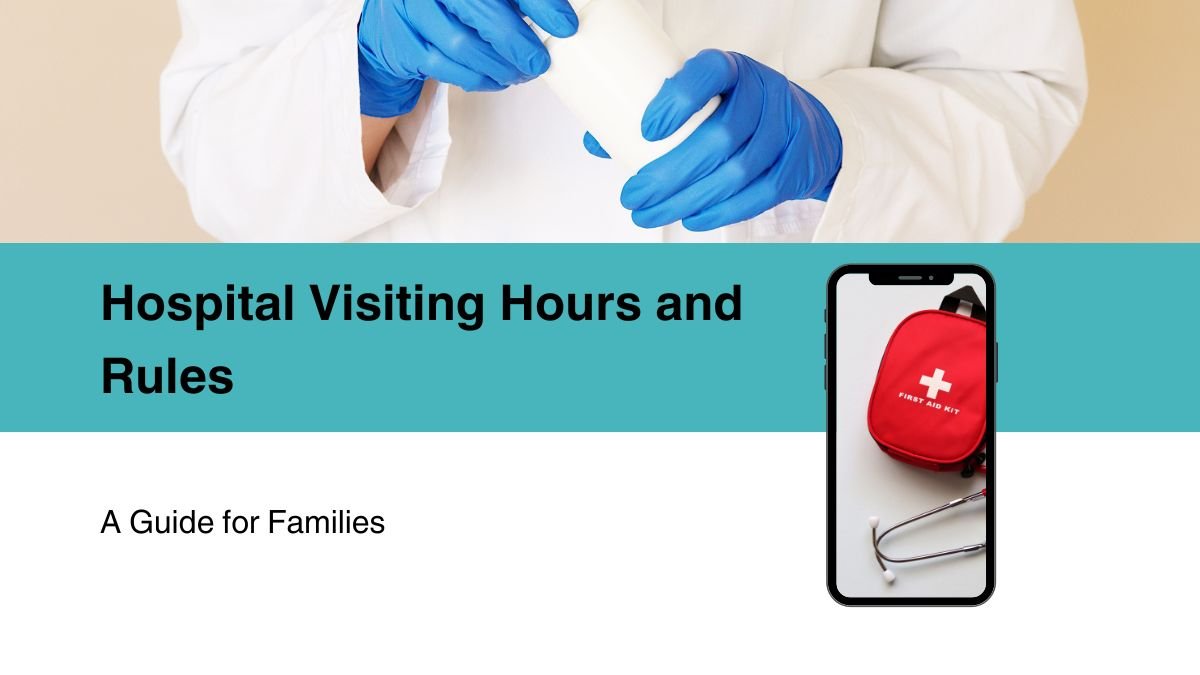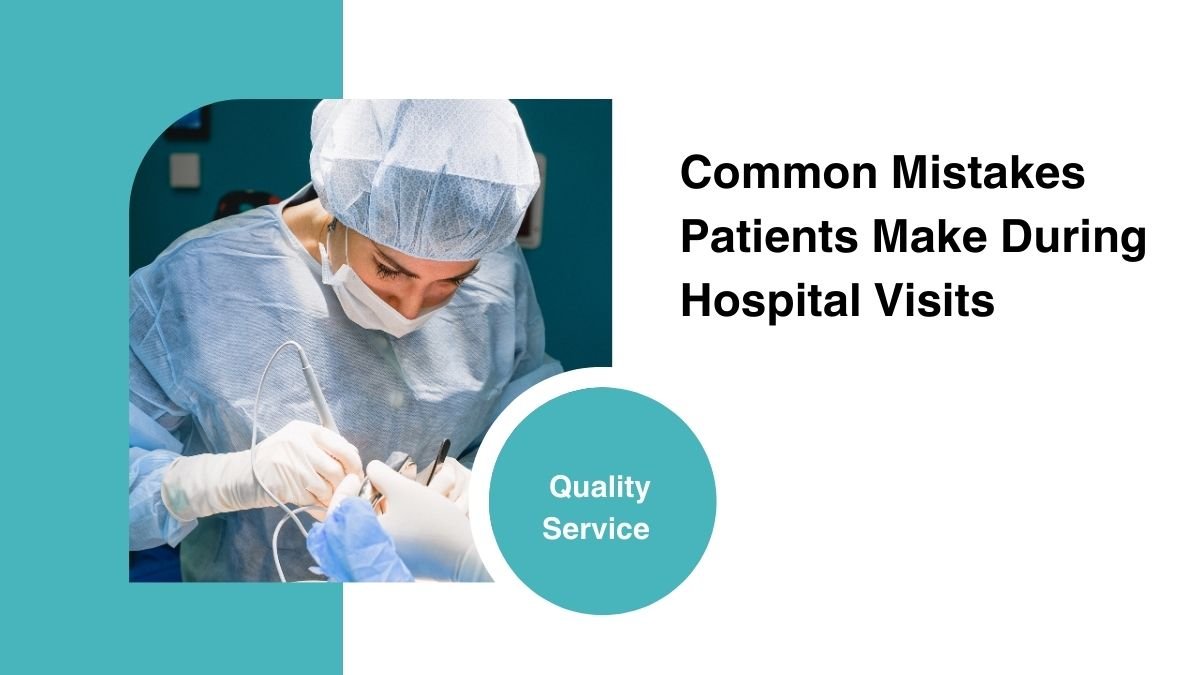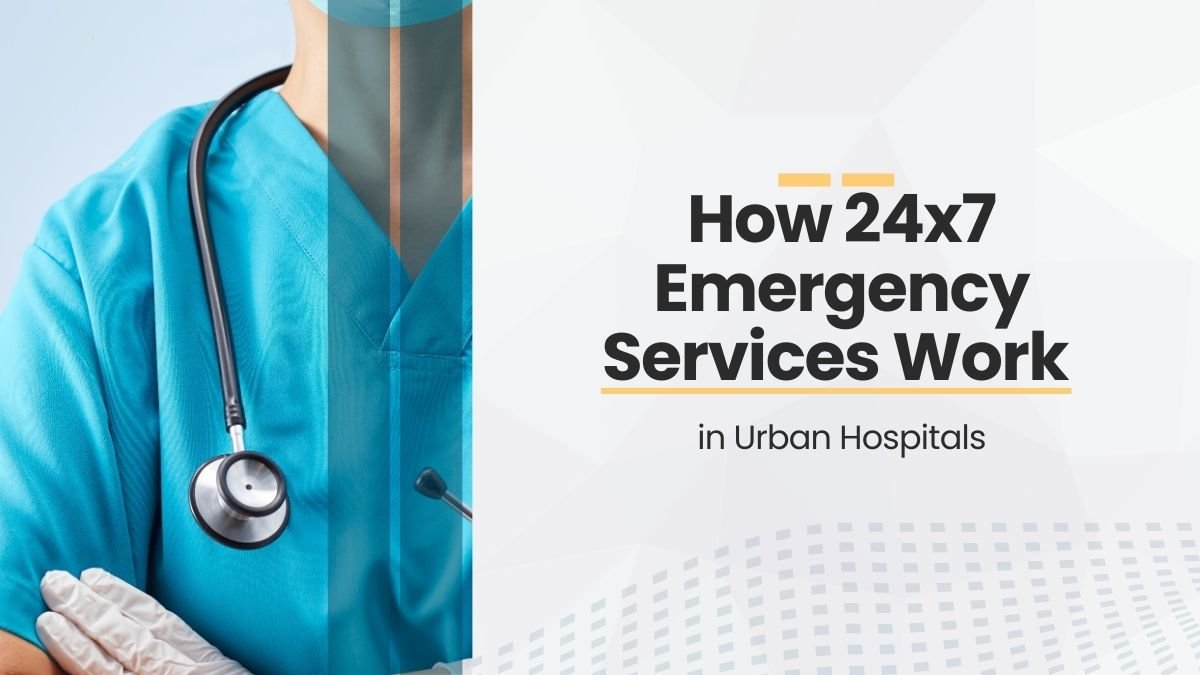Why is it important to improve food services in hospitals? Know every aspect in detail
When a patient is admitted to a hospital, along with treatment, one more thing directly affects his health—food. It is often seen that the food provided in hospitals is neither tasty nor nutritious to the patients. The result is that the patients recover, but slowly, and sometimes with incomplete recovery. Now the time has come to give as much importance to food service in hospitals as is given to medicines and treatment. If the food is right, timely and according to the patient’s choice, then the patient’s recovery can be quick and better.
Let us know in detail in this article how food services can be improved in hospitals and how it affects the patient’s health.
Nutritional Quality – Need for healthy food
What should hospital food be like?
We all know one thing—the body needs more nutrition during illness. But it often happens that the food provided in the hospital is either very bland or lacks essential nutrients.
So first of all it is important that:
- A balanced diet is provided.
- The food should contain adequate amounts of protein, fiber, vitamins, and minerals.
- Fresh and natural ingredients like fresh vegetables, pulses, whole grains should be used.
For example:
- Low sugar, low carb diet for diabetic patients.
- Gluten-free food for patients with gluten allergy.
- Low-sodium and low-fat diet for kidney or heart patients.
When food is available according to the need of every patient, both their recovery and the effect of medicines will be faster.
Patient Preferences
Can hospital food be tasty?
Often we assume that hospital food must be “tasteless”. But this is not necessary. Delicious and nutritious food can be provided by using the right amount of spices, good cooking method and keeping in mind the patient’s preferences.
What should be done?
- Find out what patients like and what they don’t like through surveys or feedback.
- Each patient should be given options – for example, the option to choose between porridge or paratha for breakfast.
- Focus on culture and regional food. It is not necessary that a North Indian patient will like South Indian idli-dosa.
Room service model:
Now the “room service” model is being adopted in many modern hospitals, in which patients can order their favorite food on time through phone or tablet. This system not only gives them convenience but also boosts their morale.
Meal on time and proper delivery (Meal Timing & Delivery)
Why is it important to eat on time?
For a patient, food is not just a means to fill the stomach, but is like a medicine. If the food is delivered late or cold, its effect is reduced.
Therefore, care should be taken that:
- Food is provided according to the routine of the patients and the timing of the medicines.
- Food should reach fresh and hot so that both its taste and nutrition are intact.
- The hospital staff should have a technology based ordering and tracking system so that food reaches on time and there is no confusion.
Example:
Suppose it is necessary to give a light meal to a patient before taking medicine. If the food arrives late, then either the medicine is missed or taking it on an empty stomach causes harm.
Staff training – Food is not made good just by cooking
The food service of the hospital does not run only with the hard work of the cook. Kitchen staff, service staff, dietician and supervisor – everyone contributes to it.
Need for training:
- The kitchen staff should be taught how to cook food for the patients – hygienic, nutritious and at the right temperature.
- The service staff should be explained how to talk to the patients, how to take their feedback.
- Food safety rules should be followed strictly.
When the staff gets the right information and approach, only then will the patients get the right service.
Monitoring and feedback – direction of improvement
No system can improve unless there is a feedback system in it.
How to take feedback?
- Feedback related to food should be taken from the patients daily or once a week.
- It should be seen whether their food is increasing weight, recovery is happening or there is any problem.
- Data analysis should be done to find out where improvement is needed.
Small changes, big impact:
Suppose, out of 10 patients, 6 are saying that the dal is too thin. So next time it should be served by making it a little thicker. Even such small changes can greatly increase the satisfaction of the patients.
Role of dietitian – Better results with expert advice
Registered dietitian should not be limited to just making charts. They should be actively involved in food planning, preparation and monitoring.
What should a dietitian do?
- Participate in menu planning.
- Make sure that the food is not just tasty but also nutritious.
- Educate patients about their diet – what to eat, what not to eat and why.
Why is patient education important?
When patients understand which foods are good for them, they are more likely to follow the right diet even after returning home after treatment. This also reduces the chances of re-admission.
Conclusion – Better food service, faster recovery and happier patients
Food service in a hospital is no small matter. If it is planned well and takes into account the needs and preferences of the patient, it can bring rapid and positive changes in their health. What is the essence of all this?
- Providing balanced and tasty food
- Giving importance to patient’s choice
- Taking care of timely delivery and temperature
- Training the staff
- Continuous improvement by taking feedback
- Ensuring nutrition with the advice of a dietitian
By adopting these measures, hospitals can not only increase the satisfaction of their patients but can also reduce their recovery time.









